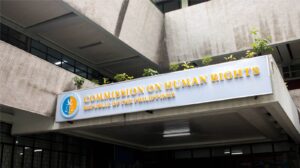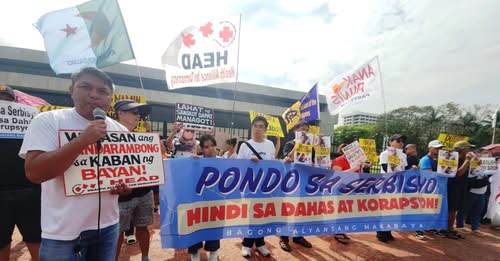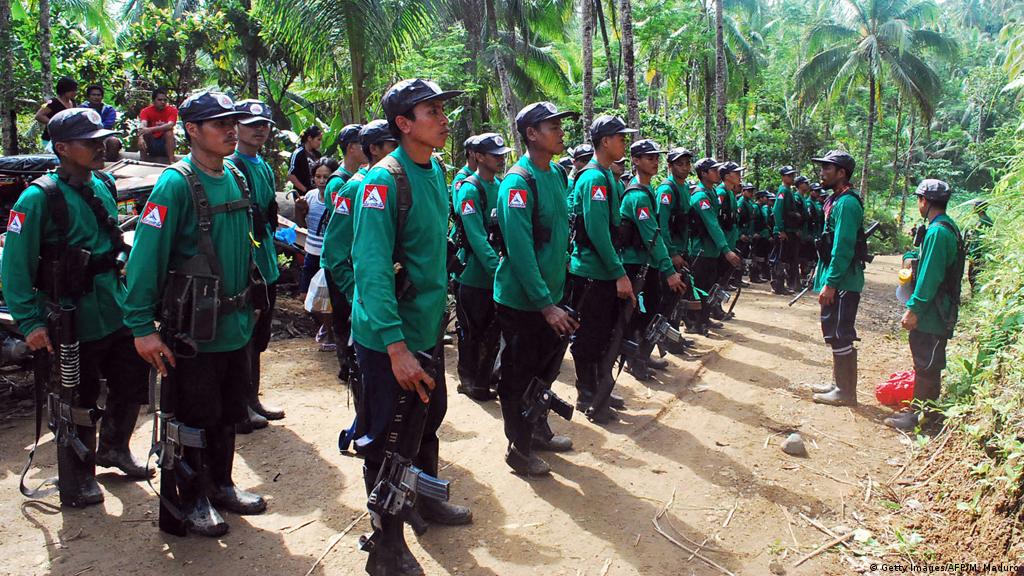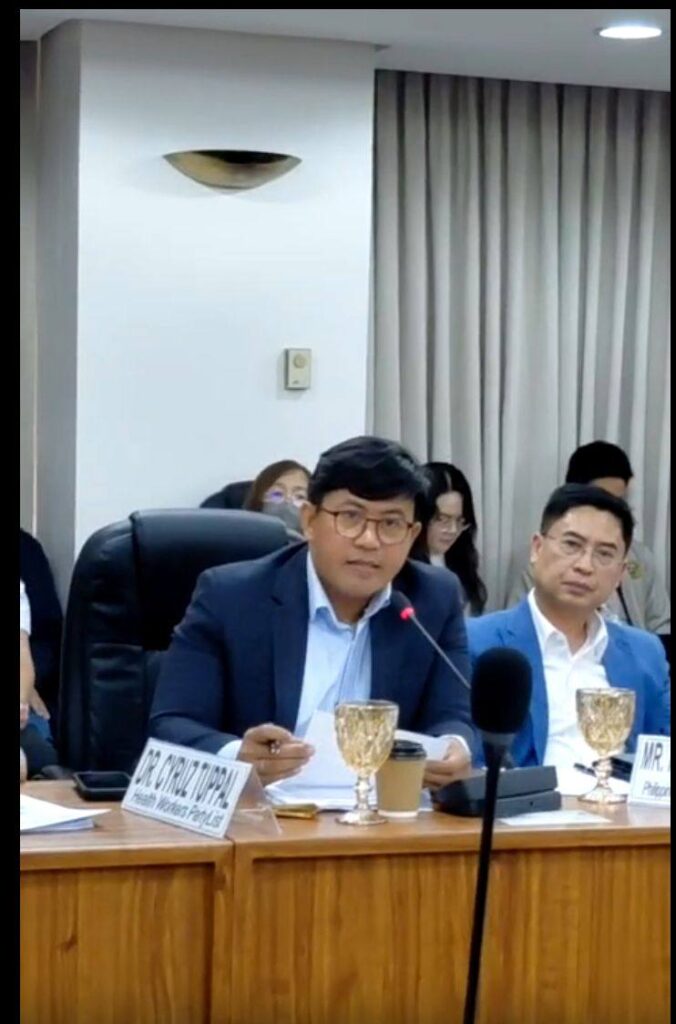The Commission on Human Rights (CHR) on Friday, January 24, opposed the proposed bill that seeks to reimpose the death penalty by firing squad for corrupt public officials.
CHR issued a statement in reaction to the proposed House Bill (SB) 11211 that aims to enforce the death penalty by firing squad for government officials convicted of corruption-related offenses.
While acknowledging that corruption is a severe issue with deep-rooted effects on society, CHR said the death penalty will not be an effective solution to the problem.
“Corruption is indeed a grave offense with far-reaching consequences, but the death penalty is not the answer,” CHR said in a statement.
“It is not a guaranteed fix for the problem, and it can divert attention from the real need for systemic reforms,” it added.
CHR said the proposed bill clashes with the 1987 Philippine Constitution, which prohibits the death penalty.
The Philippines officially abolished the death penalty in 2006, and the country is a signatory to the Second Optional Protocol to the International Covenant on Civil and Political Rights, which ensures the permanent ban of capital punishment.
“Reverting to the death penalty would not address the root cause of corruption,” CHR said. “The focus should remain on strengthening institutions, enforcing laws consistently, and ensuring transparency and accountability in governance,” it added.
CHR said that corruption is best confronted through reform, not retribution.
The commission advocates for a multi-faceted approach to combating corruption, including voter education campaigns and digital initiatives that empower citizens to make informed decisions at the polls.
“Electing leaders with integrity can shift the focus of governance back to public welfare,” CHR said.
Ultimately, CHR believes that building a culture of integrity and accountability is the most effective way to tackle corruption. “It’s not about punishing individuals; it’s about creating a sustainable system where corruption has no place,” it said. (TCSP)




